Directed by Dawn Porter, "Spies Of Mississippi" is the inside story of the Mississippi Sovereignty Commission, a secret agency created by the state in the 1950s to spy on its own citizens and maintain segregation. Overseen by the governor and a handpicked board of 12 of the most powerful men in the state, the Sovereignty Commission was granted broad powers to investigate individuals and organizations, keep secret files, make arrests, and compel testimony.
To accomplish its goals the Commission used investigators and informants — including African Americans — to infiltrate civil rights groups. Over time it evolved from a propaganda machine to become the hidden hand of the state’s power structure, coordinating state police, county sheriffs, state courts and private citizens groups to protect white supremacy — at any cost. "Spies Of Mississippi" premieres on INDEPENDENT LENS, hosted by Stanley Tucci, on Monday, February 10, 2014 on PBS.
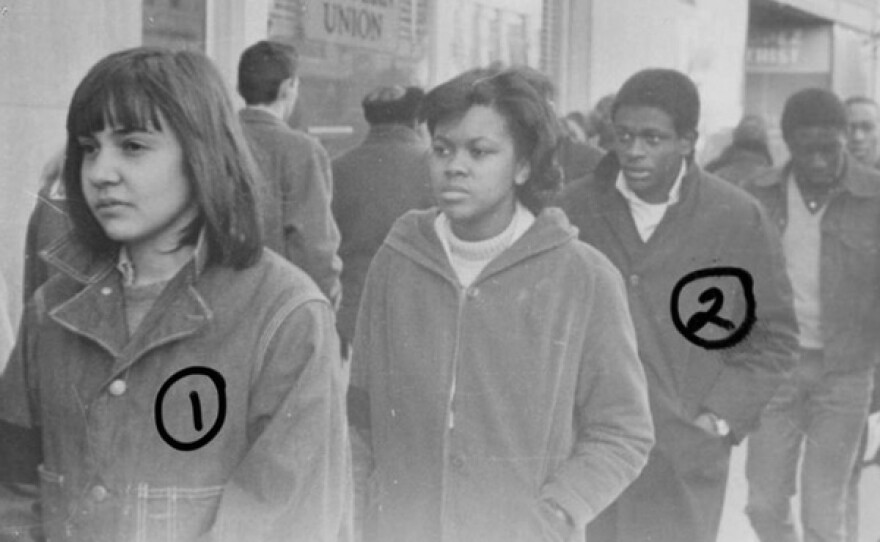
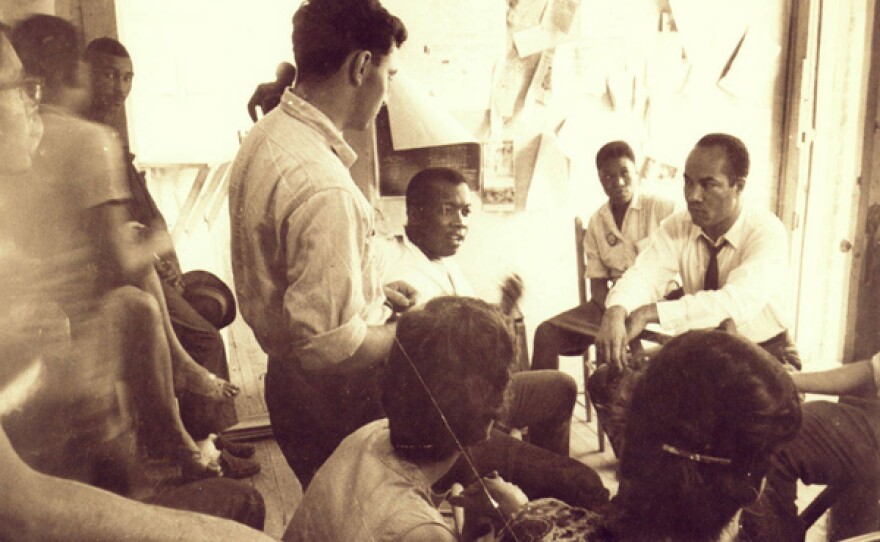
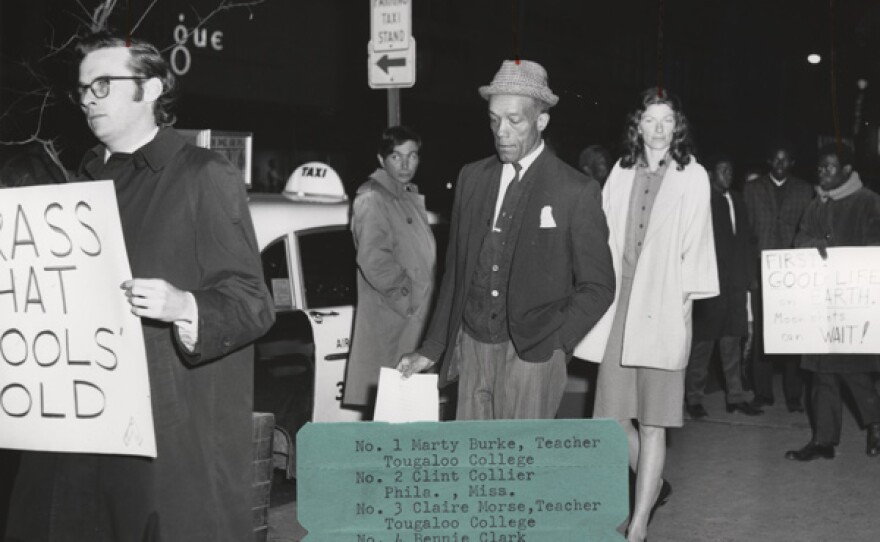
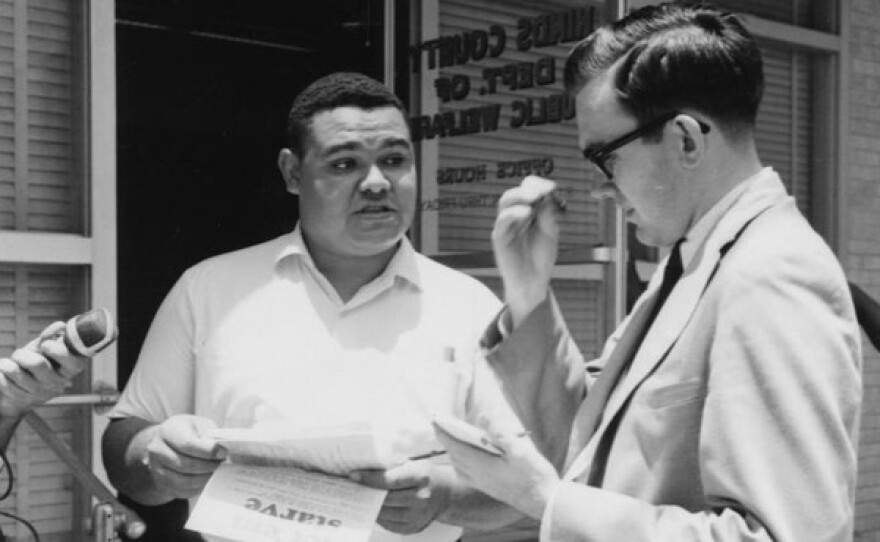
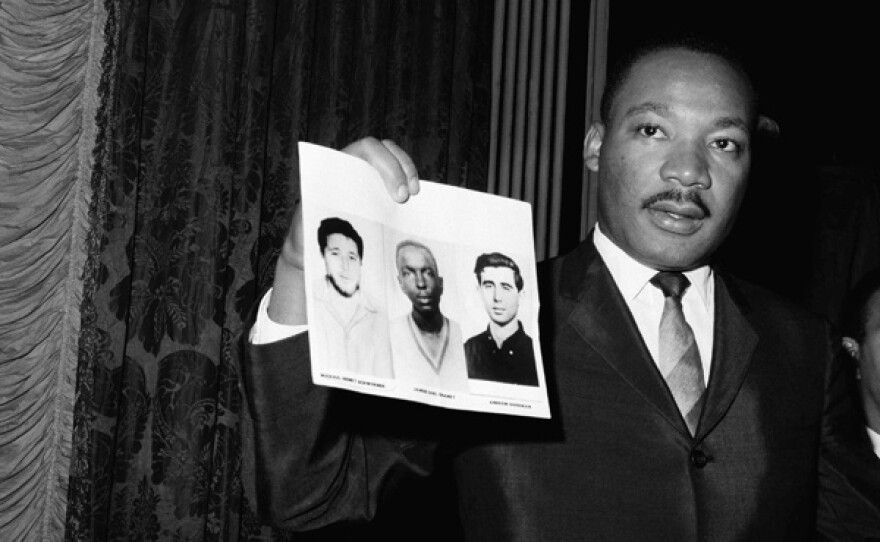
"Spies Of Mississippi" explores the origins of the Sovereignty Commission, from its early beginnings in the 1950s through its massive expansion during the 1960s as the civil rights movement grew and white citizens demanded that action be taken to “preserve the Mississippi way of life.”
When civil rights organizations turned their focus to registering African Americans to vote, the prospect of large numbers of black voters at the polls drove the Commission to intensify its tactics, including eavesdropping on private meetings, tapping phones, pilfering sensitive documents, and using intimidation and public exposure to discredit those associated with civil rights groups.
“If you registered to vote you immediately became an enemy of the state,” says the late civil rights activist Lawrence Guyot in the film. “If you rented from a white person you were kicked out, if you worked for a white person you were fired. And yet we got thousands of people to take on an entire state that was committed to an apartheid system that would make South Africa blush.”
Under Governor Ross Barnett, elected in 1960, the Commission doubled the numbers of spies and hired private detective agencies with both white and black investigators to expand its clandestine operations.
In 1964, civil rights leaders announced Freedom Summer, a bold plan to bring outside activists into Mississippi to register black voters and focus national attention on the state. Hundreds — if not thousands — of mostly white students from the North prepared to link up with dozens of predominantly black freedom workers in the Magnolia State. The state’s entrenched white power structure viewed the influx of the college students as nothing less than an “invasion,” and responded as if under siege.
Fortifying the Highway Patrol and county sheriff offices with hundreds of newly sworn-in deputies, the state stockpiled tear gas and riot gear in larger cities and prepared prison wardens and county jailers to expect an influx of summer guests. But the Commission’s most potent weapon was a cadre of black operatives who had infiltrated the movement, gained the trust of its leaders, and gathered intelligence for the segregationist state.
One of those agents provided the Sovereignty Commission with information about the movements of Mickey Schwerner, Andrew Goodman, and James Chaney, civil rights workers who were part of the Freedom Summer campaign. On June 21, 1964 the three men disappeared; their bodies were finally found on August 4 under an earthen dam. Years later, a hand- drawn map of the location of the bodies was found in the files of the Sovereignty Commission.
The death knell for the Sovereignty Commission was the 1965 passage of the Voting Rights Act. Realizing that change was inevitable and recognizing that the Sovereignty Commission was indirectly responsible for the deaths of Shwerner, Goodman, and Chaney, then-Governor Paul Johnson eliminated it, but the state legislature sealed the Commission’s records for 50 years in an attempt to protect the powerful from exposure during their lifetimes. Jerry Mitchell, an investigative journalist for the Jackson Clarion-Ledger, succeeded in obtaining over 2400 pages of Commission records in 1989, and, with pressure mounting, the files were eventually opened in 1998.
“I know what my government is capable of doing,” said Bernie Thompson, U.S. Representative from Mississippi’s Second District who served as chair of the House Homeland Security Committee for four years. “But I also know that regardless of who you are you have to have boundaries or you start down that slippery slope. Part of my responsibility here has been to keep American citizens safe both from the known and the unknown. From terrorists — but also from ourselves.”
Past episodes of INDEPENDENT LENS are available for online viewing. INDEPENDENT LENS is on Facebook, and you can follow @IndependentLens on Twitter. "Spies Of Mississippi" is on Facebook, and you can follow @SpiesFilm on Twitter.





